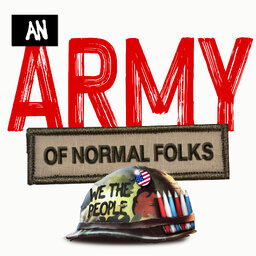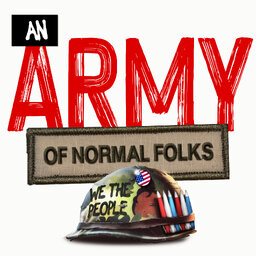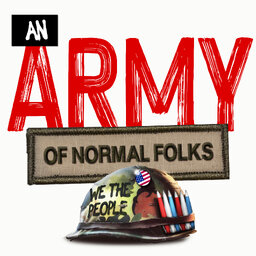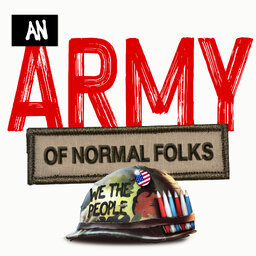What Counts As Serving Others?
For Shop Talk, Clay Routledge challenges our culture's perspective on what counts as serving others.
In 1 playlist(s)
An Army of Normal Folks
Our country’s problems will never be solved by a bunch of fancy people in nice suits talking big wor…Social links
Follow podcast
Recent clips

What Happens When You See the Person Everyone Else Ignores
13:15

How to Turn Your Spending Into Someone's Second Chance. Or First Chance (Pt 1)
33:45

How to Turn Your Spending Into Someone's Second Chance. Or First Chance (Pt 2)
1:14:58
 An Army of Normal Folks
An Army of Normal Folks